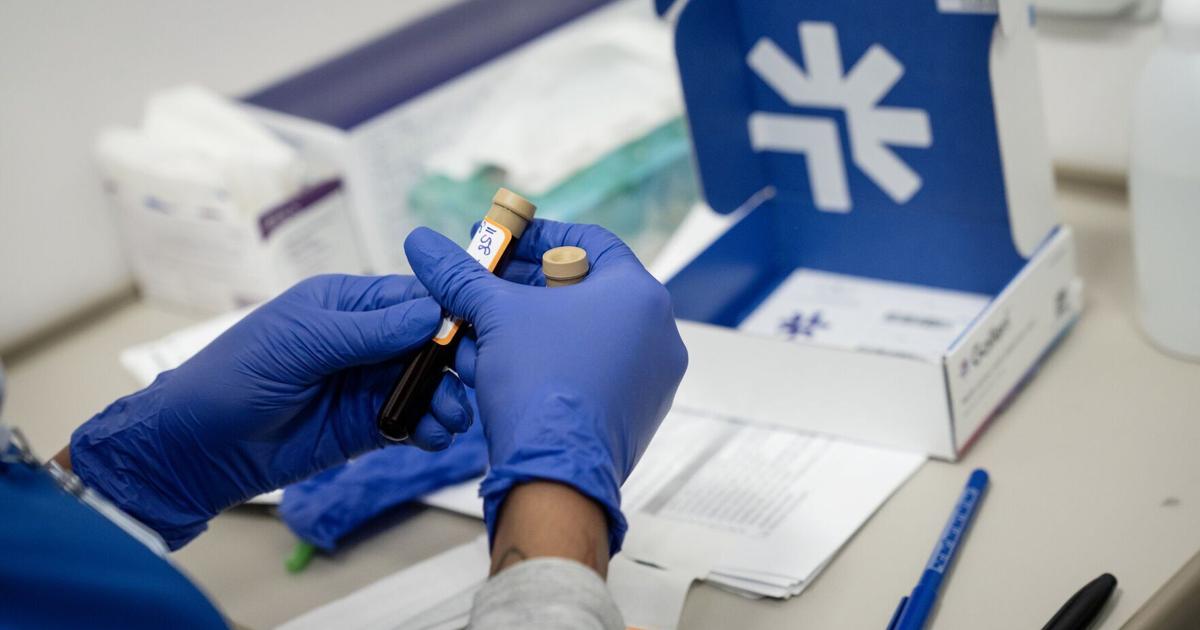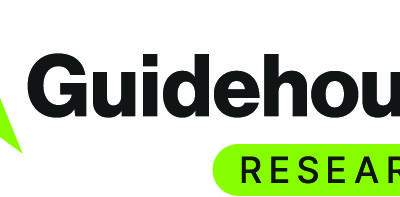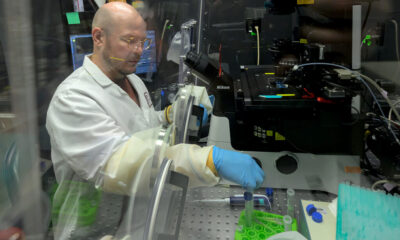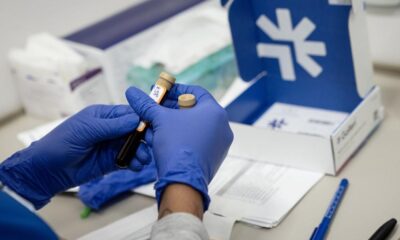Health
Rush University Offers Blood Test to Detect 50+ Cancers

A new blood test, known as Galleri, is now being offered widely by the Rush University System for Health in Chicago, aimed at detecting over 50 types of cancer early. This move comes as part of an effort to identify cancers that might otherwise remain undiagnosed until they reach advanced stages. The test, which costs $749 out-of-pocket, has shown promising results in clinical trials but has not yet received approval from the U.S. Food and Drug Administration (FDA).
The test gained attention after success stories emerged, such as that of Elkhart, Indiana resident Welter. Following a positive Galleri test, he underwent further assessments that ultimately confirmed throat cancer. After treatment, he is now cancer-free. “Early detection is the key to success,” said Welter, who is looking forward to becoming a grandfather.
Early Detection and Clinical Efficacy
At Rush, the introduction of Galleri is rooted in its potential to transform cancer screening. According to Dr. Lisa Stempel, director of the high-risk cancer screening program at Rush, “The goal of all screening is to find cancer early when we can treat it.” She emphasized that one in three individuals will develop cancer in their lifetime, making early detection crucial.
The test works by identifying fragments of DNA released into the bloodstream by cancer cells. It can indicate the presence of cancer and suggest where it might be located. However, a positive result does not confirm a diagnosis; patients must undergo additional tests, such as CT or PET scans, for verification. A study from Grail, the company behind Galleri, indicates that there is a 43% likelihood that a positive result reflects an actual cancer diagnosis, while the test has a 0.5% false positive rate.
Although Rush has embraced Galleri, other health systems remain cautious. Northwestern Medicine and UChicago Medicine have expressed concerns regarding the test’s readiness for wider use, particularly regarding its sensitivity and specificity. A spokesperson from Northwestern stated, “The technology isn’t sufficiently sensitive and specific enough for us to use this as a screening tool at this time.”
Concerns Over Accessibility and Effectiveness
Critics have also raised issues related to the test’s cost, which may exacerbate existing disparities in healthcare access. Feighanne Hathaway, a genetic counselor at UChicago Medicine, expressed worries that patients might substitute Galleri for established screenings like mammograms or colonoscopies, potentially neglecting essential preventive measures. She noted, “I just don’t think we’re there yet,” emphasizing the need for further research before broad implementation.
Despite these concerns, Galleri has been involved in extensive clinical trials, with over 380,000 participants to date, including a significant trial in the United Kingdom involving 140,000 individuals. The company is actively seeking to enroll an additional 50,000 Medicare beneficiaries in ongoing trials to assess its efficacy in reducing late-stage cancer diagnoses.
While the FDA has not yet approved Galleri, it has granted the test a breakthrough device designation, expediting its development and review process. Grail anticipates submitting additional information to the FDA in 2024 for premarket approval.
The potential benefits of Galleri are not lost on patients. Peter Crowell, a 65-year-old resident of Bucktown, recently opted for the test after discussing it with his primary care physician. “It’s just something I think I’d rather be proactive about,” he stated, expressing willingness to pay for the test out of pocket.
Healthcare professionals at Rush, including nurse practitioner Maggie Hornung, are also eager to utilize Galleri. Hornung, who has personal reasons for undergoing the test—having witnessed cancer in her family—believes the cost is justified when considering the potential health implications.
The introduction of Galleri at Rush marks a significant step in cancer screening, reflecting a growing trend in healthcare to leverage advanced technologies for early detection. As the medical community closely monitors its implementation, the hope remains that Galleri will contribute to improved cancer outcomes through earlier intervention.
-

 Lifestyle1 week ago
Lifestyle1 week agoBelton Family Reunites After Daughter Survives Hill Country Floods
-

 Education2 weeks ago
Education2 weeks agoWinter Park School’s Grade Drops to C, Parents Express Concerns
-

 Technology2 weeks ago
Technology2 weeks agoByteDance Ventures into Mixed Reality with New Headset Development
-

 Technology2 weeks ago
Technology2 weeks agoMeta Initiates $60B AI Data Center Expansion, Starting in Ohio
-

 Lifestyle2 weeks ago
Lifestyle2 weeks agoNew Restaurants Transform Minneapolis Dining Scene with Music and Flavor
-

 Technology6 days ago
Technology6 days agoMathieu van der Poel Withdraws from Tour de France Due to Pneumonia
-

 Technology2 weeks ago
Technology2 weeks agoGlobal Market for Air Quality Technologies to Hit $419 Billion by 2033
-

 Health2 weeks ago
Health2 weeks agoSudden Vision Loss: Warning Signs of Stroke and Dietary Solutions
-

 Technology2 weeks ago
Technology2 weeks agoAnalysts Highlight Top 5 Altcoin Presales Ahead of Market Surge
-

 Technology2 weeks ago
Technology2 weeks agoTrump Faces Internal Struggles Over Epstein Files Handling
-

 Technology2 weeks ago
Technology2 weeks agoRecovering a Suspended TikTok Account: A Step-by-Step Guide
-

 Health2 weeks ago
Health2 weeks agoBacteria Navigate Gut Risks for Nutrients, New Study Reveals












